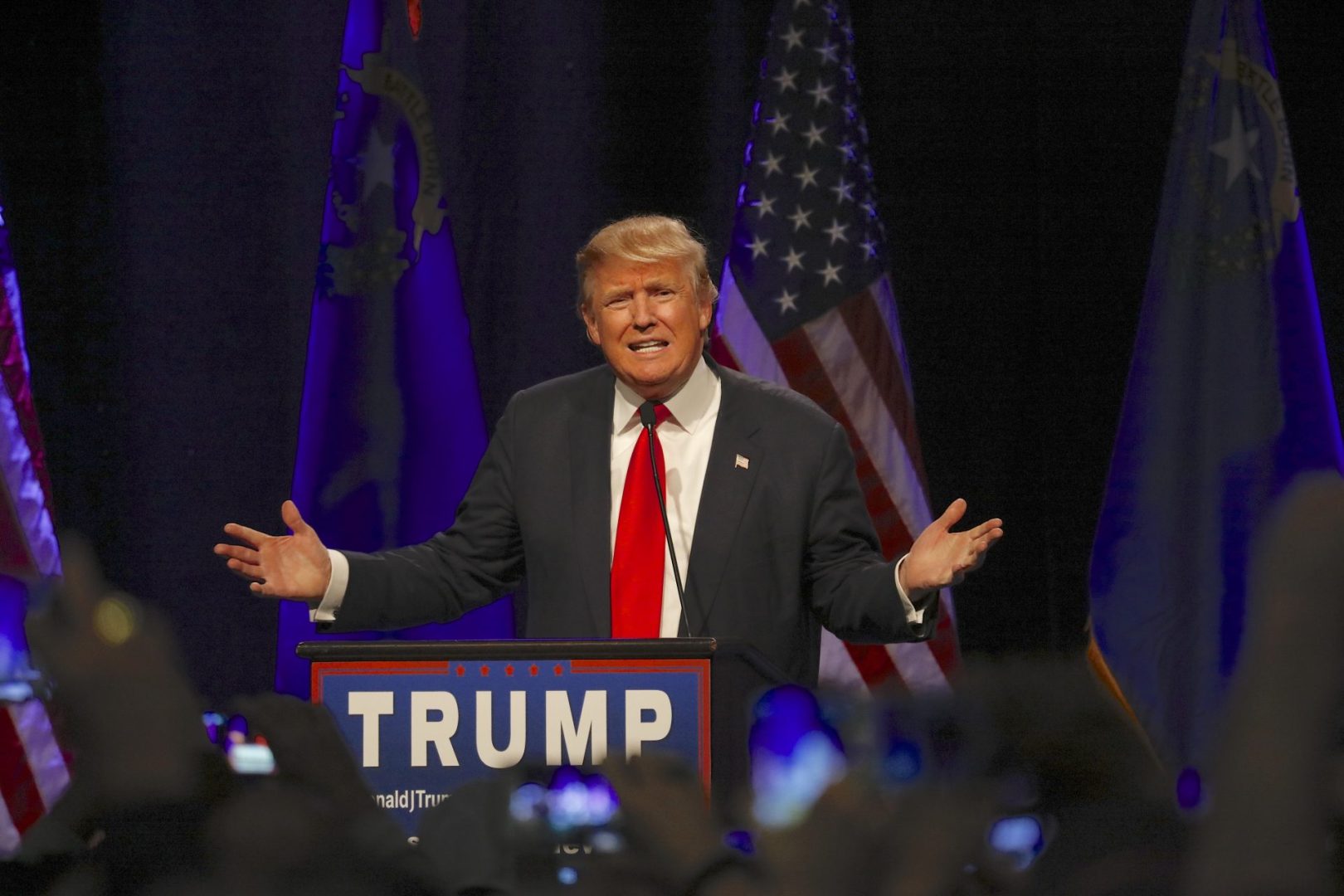In a move that has been hailed as a masterclass in political procrastination, Congress has managed to narrowly avert a government shutdown, yet again proving that when it comes to last-minute decision-making, no one does it quite like Washington.With the clock ticking down to the final moments, lawmakers managed to pass a funding bill that keeps the lights on until March 14, leaving incoming President Donald Trump to deal with the consequences. This legislative maneuver, which involves pushing a looming crisis into next year, is yet another testament to Congress’s uncanny ability to delay problems while ensuring they are someone else’s problem at a later date.
Republicans perfect art of self-inflicted drama
In what can only be described as a bold, albeit predictable, move, 170 House Republicans voted to fund the government without addressing the growing issue of the debt ceiling. This decision, which can only be characterized as “deal with it later,” adds an exciting new wrinkle to the already unpredictable and chaotic political landscape. Republicans, ever committed to self-sabotage, have once again demonstrated their unrivaled ability to add unnecessary drama to an already convoluted situation.
Political analysts are eager to see how Trump, freshly reinstalled in the Oval Office, will manage the impending crisis, and whether his famous negotiation skills will be enough to handle this latest cliffhanger in Washington’s longest-running soap opera.
Senator accidentally speaks truth about congressional dysfunction
In a rare moment of unvarnished honesty, Sen. Ron Johnson of Wisconsin inadvertently captured the general sentiment of the nation when he described the situation in Congress as “kind of stupid.” This shocking revelation, which was both an astute commentary on the state of the federal government and an unintentional breach of political decorum, marked the first time a politician publicly said exactly what the American people were thinking.
When pressed to elaborate on his remarks, Johnson cleverly declined to provide further details, most likely because the answers are as self-evident as they are unpalatable. In a town where truth is often an endangered species, Johnson’s moment of clarity was both refreshing and deeply troubling.
Unity becomes most elusive concept in Washington
Rep. Andy Barr from Kentucky recently made an unexpected breakthrough by suggesting that “disunity is the enemy of the conservative cause.” While his insight may seem like a simple and obvious observation, it has left political scientists scratching their heads, wondering why it took so long for anyone in Washington to come to this conclusion. With the Republican Party more divided than ever, it appears that the concept of unity is as elusive as ever.
The notion that working together might actually lead to tangible progress seems to have missed the memo in a city where collaboration is often viewed as a sign of weakness rather than strength. The fact that politicians continue to operate under the assumption that dysfunction is a sustainable mode of governance only deepens the sense of frustration across the country.
Billionaires enter the chat
As if the situation weren’t complex enough, billionaires have once again waded into the murky waters of political negotiations. In an unexpected move that surprised no one, Elon Musk, the billionaire entrepreneur with a penchant for disrupting everything he touches, decided to add “congressional negotiator” to his already absurdly long list of credentials. Musk’s involvement has raised eyebrows among political observers, particularly Rep. Debbie Dingell from Michigan, who expressed concern about the growing influence of billionaires in Washington.
This comment, which can be generously described as an acknowledgment of a decades-old reality, has sparked renewed discussions about the outsized role that wealthy individuals play in shaping policy. While Musk’s role in the political process continues to evolve, the fact remains that his influence, and that of his peers, is deeply embedded in the fabric of American governance.
Trump’s to-do list grows longer
As President Trump prepares for his second term, his to-do list has become significantly more crowded, with new challenges emerging daily. With a looming debt ceiling crisis on the horizon, a never-ending list of legislative hurdles, and a Republican Party more fractured than ever, Trump’s ability to navigate the political minefield will be put to the test.
Analysts are quick to note that while Trump is no stranger to chaos, running the federal government might prove to be more complicated than his usual brand of social media commentary. With Congress once again pushing the problem down the road, Trump’s upcoming term could very well set a new standard for presidential to-do lists that grow longer by the day.
The future looks predictably unpredictable
As we look ahead to the future, one thing is certain: the political situation in Washington will remain as unpredictable as ever. Rep. Gerry Connolly from Virginia has expressed concern about the stability of the Republican majority, noting that slim margins in the House of Representatives could complicate leadership decisions.
In related news, water continues to be wet, and Congress remains adept at creating problems that only they can solve—eventually. With another funding deadline looming and the debt ceiling crisis still unresolved, it seems that Washington’s unique brand of dysfunction is here to stay. Whether or not the incoming administration can turn the tide remains to be seen, but if history is any indication, the chaos will only continue to escalate in the months ahead.

















